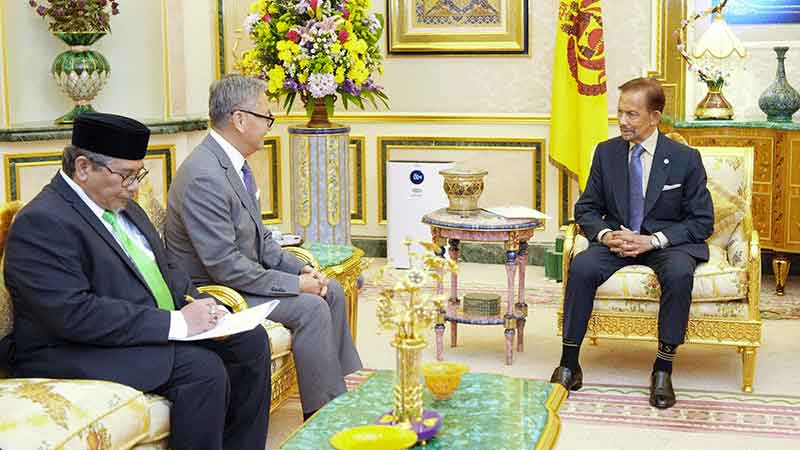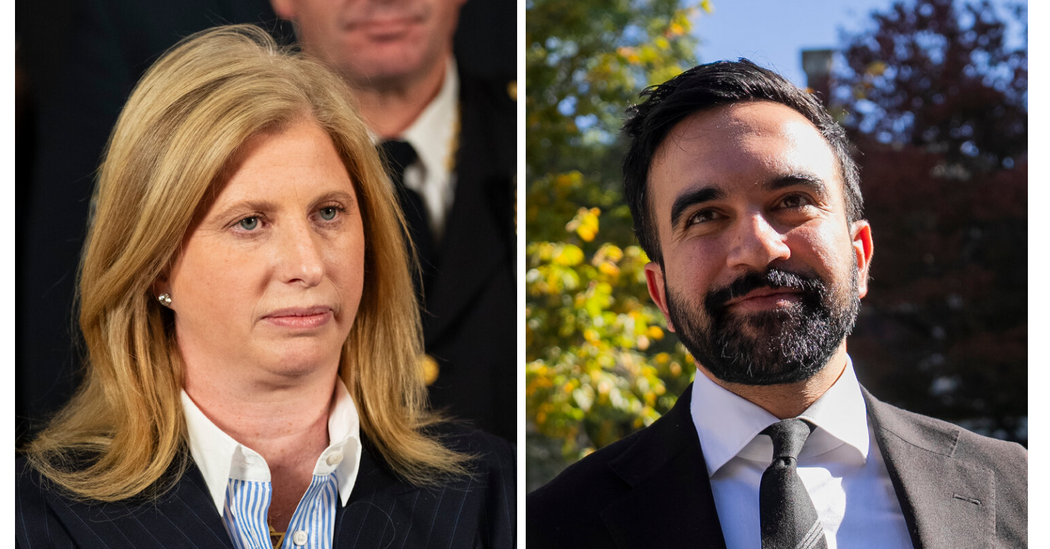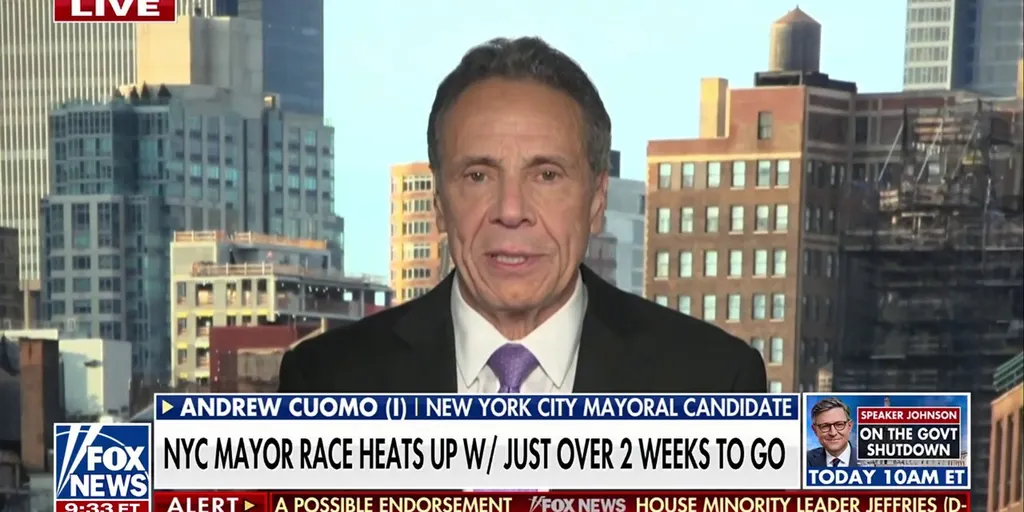Copyright asianews

October 23, 2025 VIENTIANE – The governments of Laos and Brunei have agreed to strengthen collaboration in key areas including agriculture, energy, human resource development, trade, and investment, aiming to deepen their strategic partnership and deliver greater mutual benefits. Agreement on closer ties was reached during an official visit to Brunei by Minister of Foreign Affairs, Mr Thongsavanh Phomvihane, and his delegation from October 19-22, at the invitation of Brunei’s Minister of Foreign Affairs, Dato Erywan Pehin Yusof. The two delegations reviewed the progress of bilateral cooperation to date and discussed ways to further promote partnership in various fields. They expressed great appreciation for the development of the strategic partnership between the two nations, marked by regular reciprocal visits by government leaders. The two parties reaffirmed their commitment to enhancing cooperation in politics, trade, investment, agriculture, energy and tourism. They agreed to spur efforts to fulfil existing agreements and to further promote trade and investment, particularly in agriculture and energy. On October 20, Mr Thongsavanh Phomvihane and his delegation paid a courtesy visit to His Majesty Sultan Haji Hassanal Bolkiah, the Sultan of Brunei. Mr Thongsavanh expressed his deep gratitude for the warm hospitality and conveyed, on behalf of the Lao government and people, sincere appreciation to His Majesty and the people of Brunei for their continued assistance and friendship. Brunei’s support has played an important role in Laos’ socio-economic development, particularly in human resource development, financial assistance for disaster relief, and infrastructure projects, he said. He also thanked Brunei for its financial assistance during Laos’ ASEAN Chairmanship in 2024, which contributed to its success. His Majesty Sultan Haji Hassanal Bolkiah welcomed the visit and reaffirmed his support for closer cooperation between Laos and Brunei, both bilaterally and multilaterally, in areas such as human resource development, agriculture, energy, trade and investment, while encouraging greater engagement between the two nations’ business sectors.



